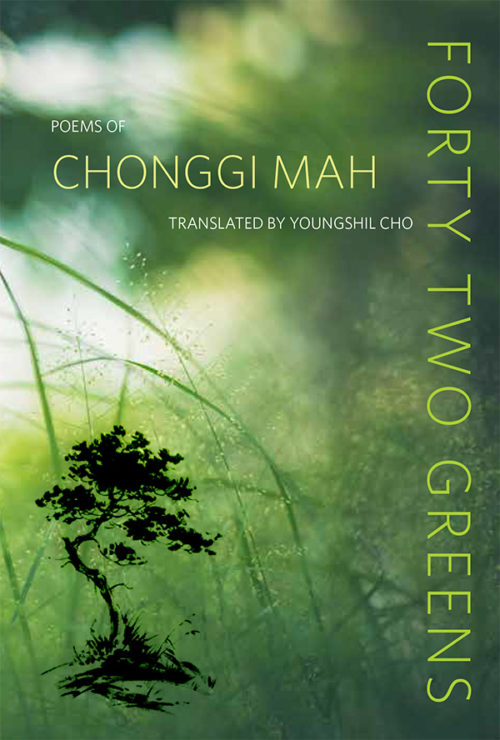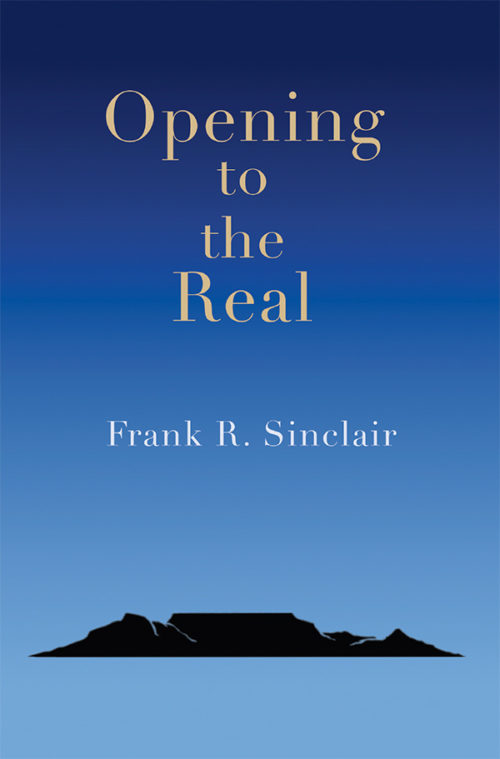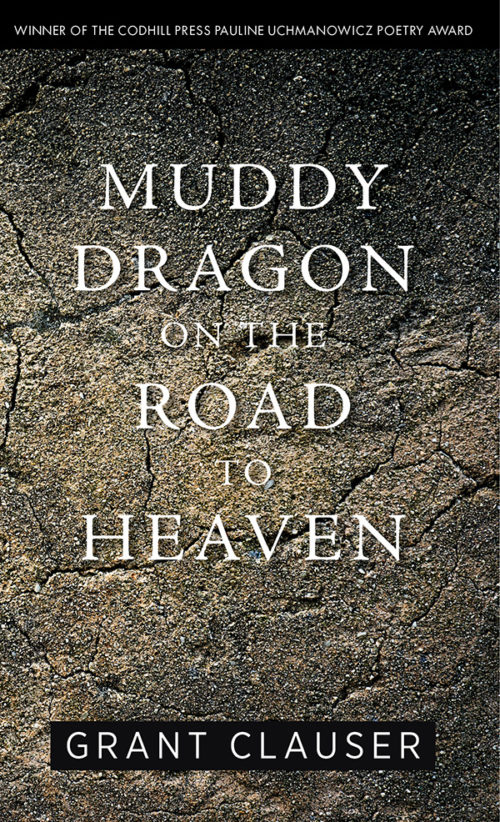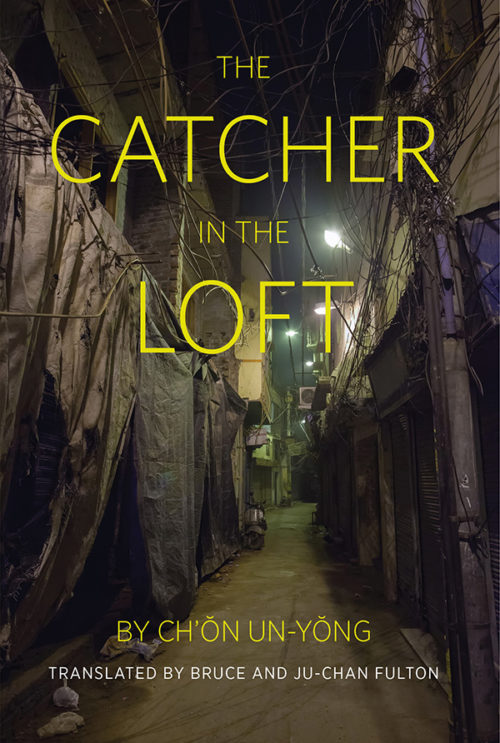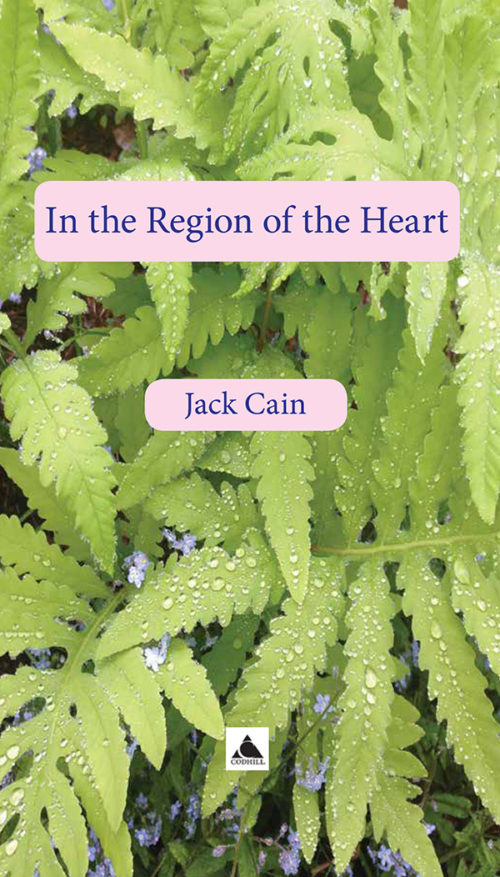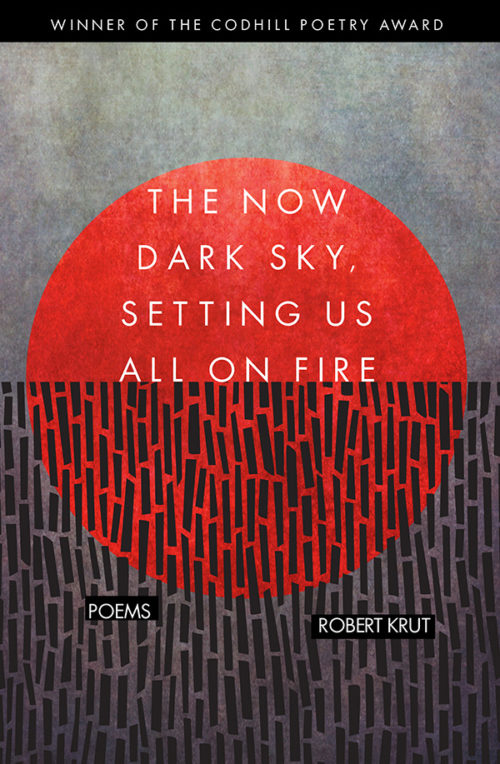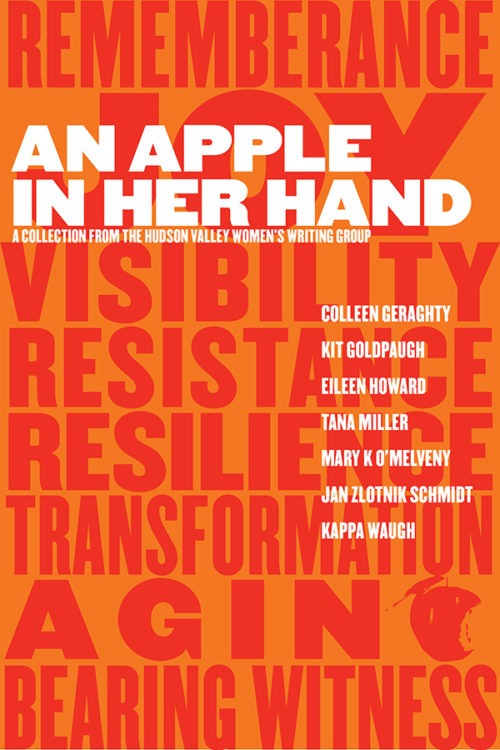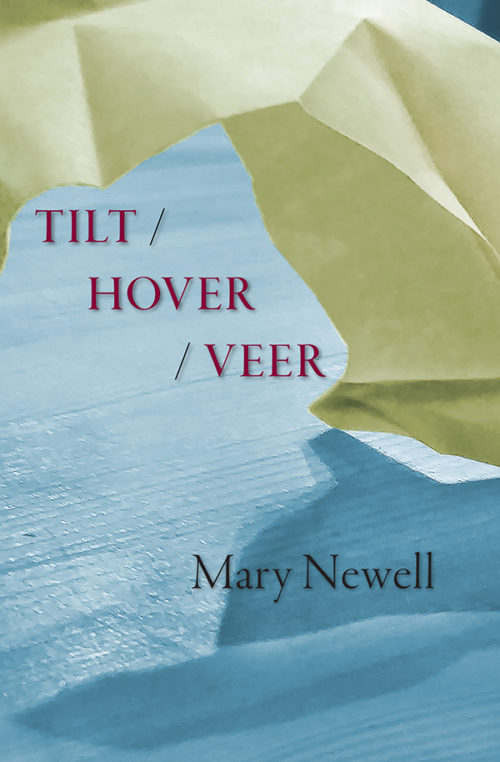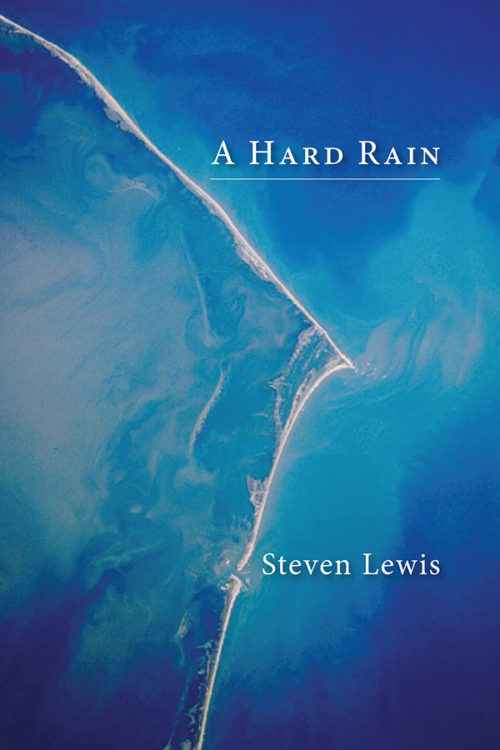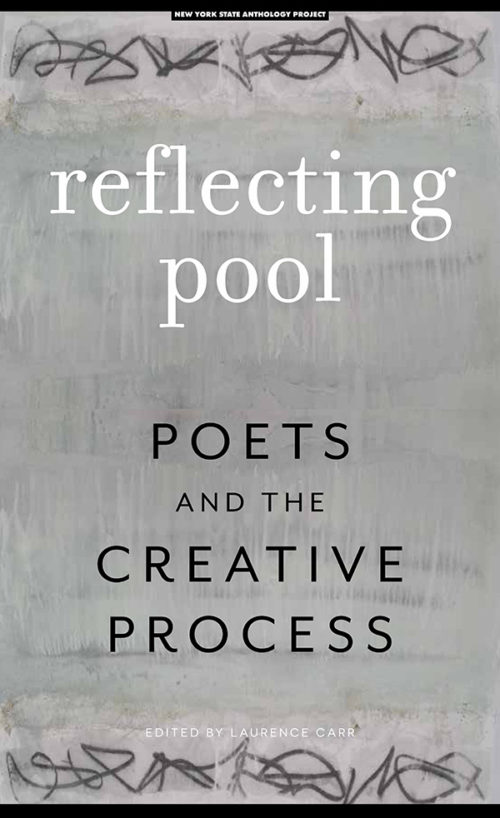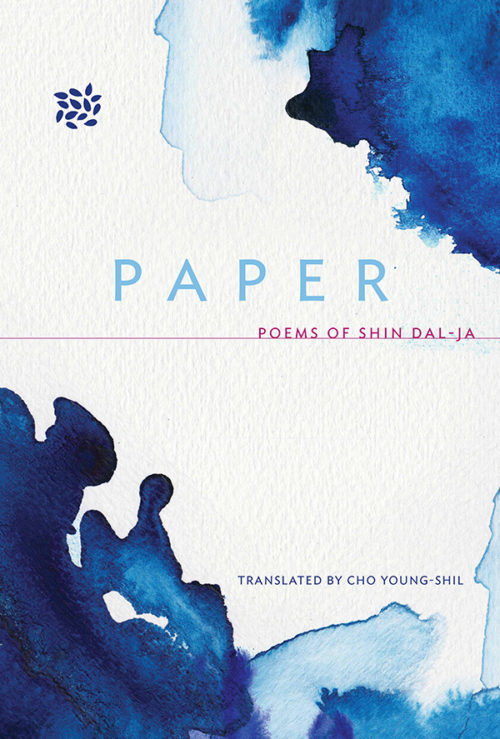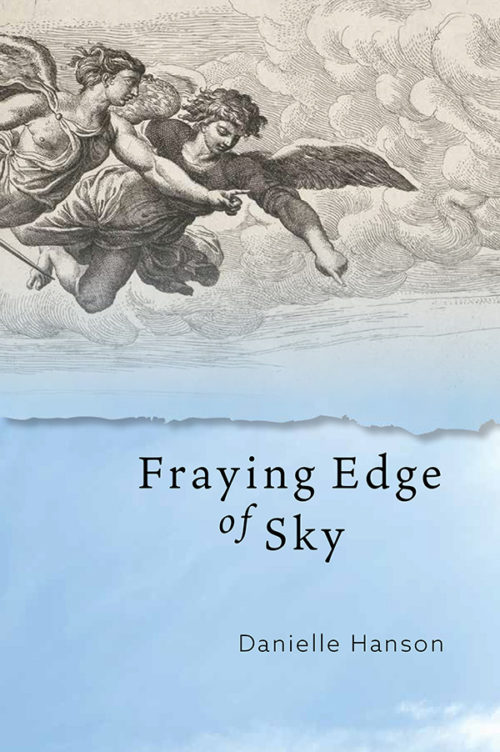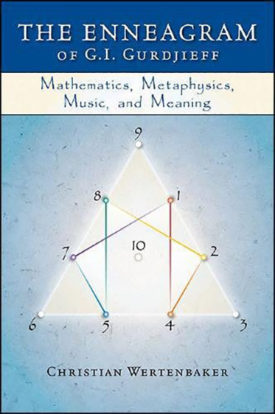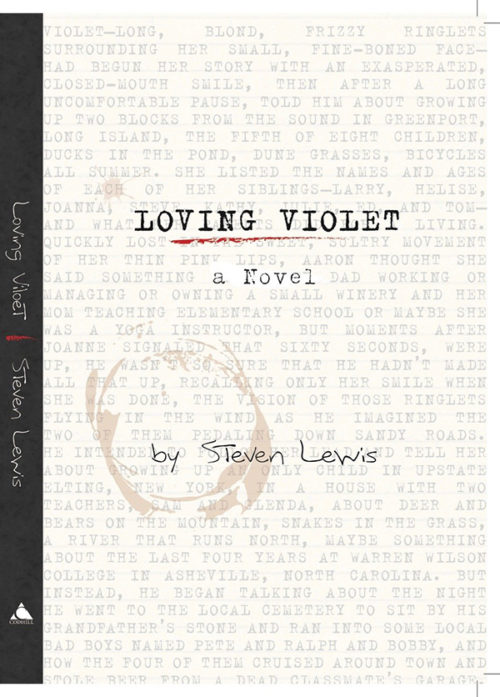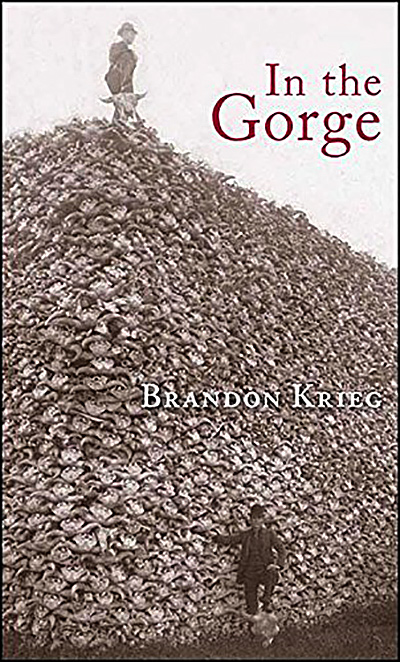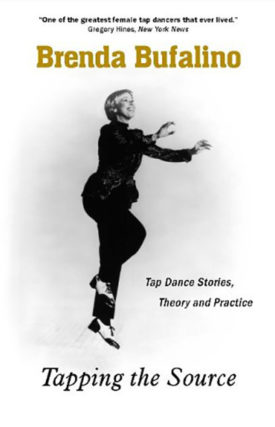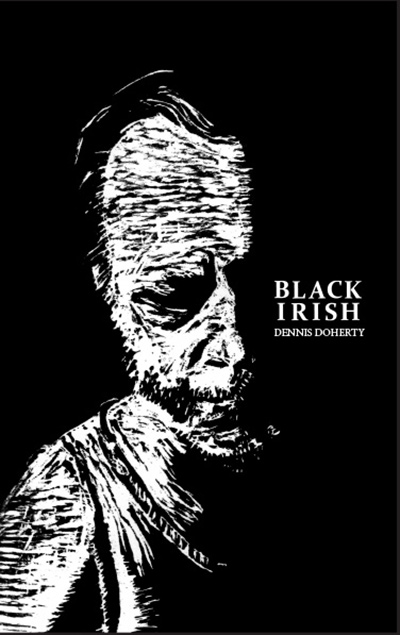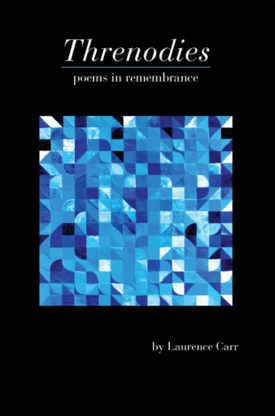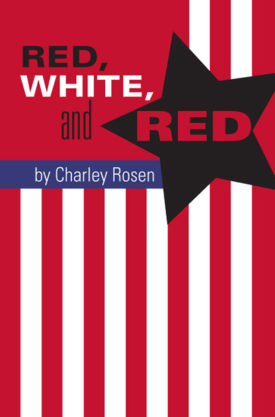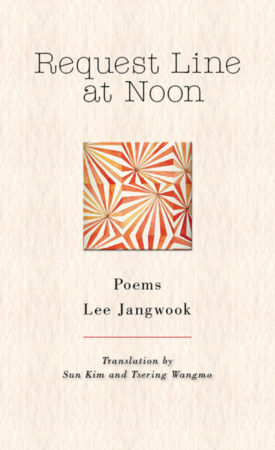-
Translated by Younshil Cho The poems in this book, by the way they speak to all parts of our minds, invite us to come alive and experience each movement, each emotion and action, and some statements therein, intuitively and aesthetically. This is about a Korean man’s everyday life in the milieu of contemporary America; his struggle to find meaning in his immigrant life, in his vocation as a medical doctor, and to grow as a poet, a high calling for him. Weaving through personal narratives with the backdrop of historic events both domestic and foreign, he reaches a moralist’s viewpoint, as he searches for a right way to live. Equally excellent in lyric and narrative form, these poems give an indication he has found what he’s been after—good human relationships and artistic achievements, two founts giving ample significance to life. Chonggi Mah, a beloved poet of Korea and a retired medical doctor, has written over ten collections of poems and prose. Eyes of Dew was translated into English and published by White Pine Press in 2006. He has garnered numerous literary awards, and is acknowledged as one of major modern Korean poets. Youngshil Cho has won several grants for her translation of modern Korean poetry books and children’s books. Her publications include One Day, Then Another by Kim Kwang-Kyu (White Pine Press, 2013), A Warm Family by Codhill Press (2014), A Lion at Three in the Morning by Nam Jin-Woo (Homa & Sekey Books, 2017), Whisper of Splendor by Chong Hoyn-Jong (Homa & Sekey Books, 2018), Paper by Shin Dal-Ja (Codhill Press, 2018). Paperback Page count: 106 Trim size: 4.75 x 7 in.
-
With this collection of writings, author Frank R. Sinclair strikes a contemplative note, necessary for our times. Through a series of recollections and reflections—in part inspired by the spiritual discipline lived by his late wife, Beatrice Sinclair—he introduces the reader to the equivalent of the practice of the presence of God. Also by Frank R. Sinclair: Without Benefit of Clergy: Some Personal Footnotes to the Gurdjieff Teaching Of the Life Aligned: Reflections on the Teaching of G.I. Gurdjieff and the Perennial Order
-
The poems in this collection explore social and ecological struggles, personal and public nostalgia, family and solitude and seek to balance it all with hope. Grant Clauser is the author of four previous collections and has won the Cider Press Book Award and the Dogfish Head Poetry Prize. He lives in Pennsylvania where he works as an editor and writer and also teaches poetry at Rosemont College. These finely crafted, deeply evocative poems written with a tenderest heart, questioning mind, and an acutely observant eye, invite us to join the speaker on a trek across history, across intimate landscapes of relationships, human and animal courage, love and grief, global brokenness, and unexpected grace. - Doris Ferleger, author of Leavened and As the Moon has Breath Whatever the topic of his luminous poems--family, nature, childhood or fly fishing--to name a few, Grant Clauser knows that are all related. It is this understanding and wonder that undergirds these poems. Whether the characters in this book "smash atoms/ into each other/ trying to find god" or tie flies because "water is music/ I want to stand in," these poems reach for the place where the known world meets the realm we sense but cannot know. Grant Clauser is a poet who knows the importance of vision, both in the sense of observing what is around us and in being attuned to the worlds to come. "Trust me, this is the world we deserve," Clauser says. We will be more deserving of this world if we heed these wise and luminous poems. - Al Maginnes, author of The Next Place and Music From Small Towns
-
Translators: Bruce and Ju-Chan Fulton Inspired by the case of a torture specialist in 1980s South Korea who from 1988 to 2000 was a fugitive in his own house, The Catcher in the Loft (published in South Korea in 2011 as Saenggang) is in equal parts a portrait of a man coming to terms with his notorious past and a coming-of-age story centered in his dependent relationship with his college-age daughter, who has always thought of him as a patriotic policeman. The novel begins at breakneck speed, with a victim perishing under the torture artist (renamed An)’s watch, and a hurried decision that An must take cover. The remainder of the novel is a dual narrative related in turn by the torture artist and his daughter, Sŏn, who must harbor her father in a loft above her room. There follows a counterpoint of concealment (An) and revelation (Sŏn), with the daughter discovering the “festival” of her own body during an infatuation with a university classmate, followed by the sobering knowledge, manifested firsthand in her encounter with one of her father’s shattered victims, that the father she had idolized is a sado-masochist reduced to abject dependence on her for all of his daily needs during his concealment in the loft. When the novel ends, years later, the focus is equally on An’s ultimate capitulation (he turns himself in to the authorities) and Sŏn’s awakening to her autonomy.
-
Most of these “fragments” were written by Jack Cain in group poetry sessions he was facilitating. The sessions were designed to be an exploration of the distinction between material arising from the subconscious mind as opposed to material arising from our ordinary consciousness. This direction came from G.I. Gurdjieff’s startling and impertinent statement that our subconscious is our “real” consciousness and our ordinary waking state of consciousness is “fictitious.” The group writing session would begin in quiet, participants would watch what arose and then write from that. Once everyone was done, the results would be read and there would be an exchange on what had been observed. These exchanges helped those present understand that we are all much more deeply connected than we realize.
2019 | 96 pages
-
Codhill Poetry Award Winner 2018
In The Now Dark Sky, Setting Us All on Fire, Robert Krut unveils surrealistic imagery and apocalyptic moments that encroach on his cityscapes. Entering his urban vision of off-kilter fingerprint police, helix fireworks, and lockboxes replete with “unsewn / buttons from the shirts of dead men” (“The Vault”), we are invited to witness how “daylight peels silence / off the sides of buildings” to reveal vampire teeth and arrows (“Phantasmagoria at Six AM”), how “every single body on the street / turns to paper” (“At This Very Moment”). Krut dismantles the world around us and in turn remakes it into something dark yet alive, a place seething with desire, where “A thousand leaves are worth one wish” (“This All Starts With You, and This All Ends With You”)From the very first poem in this quiet and intimate collection, Robert Krut inventively crafts image after shape-shifting image, each suggesting an alternate universe designed to help us better understand our real one. From a preacher in a lentil rainstorm to a doorman wearing a hat full of beetles, we meet people (and see places) filled not only with what is real but with what is possible. Between these magical details runs a clear and steady narrative: a speaker who dons the “too-small sweater of summer.” Who knows that “danger isn’t a bomb, danger is a drip.” And who survives “this pension of suffering.” The graceful poems in The Now Dark Sky, Setting Us All on Fire beautifully balance being both agent and acted upon. Krut is a poet of vivid imagery and distinctive voice.—Patricia Colleen Murphy, Hemming Flame
Robert Krut’s newest collection, The Now Dark Sky, Setting Us All on Fire, paints a landscape of imagination where the Lord of Time might be bargained with as we are left “waiting to be swallowed whole.” The seductive tactility of Krut’s language reminds us of our bodies, our bones and teeth, our veins and fingerprints even as we move among dragons and giant arachnids. A provocative pendulum swinging from fantasy to physicality and back again, these poems acknowledge our longing for escape but leave us with the inescapable conclusion that we are tethered now and forever to ourselves and to this blood-drenched world.—KMA Sullivan, Inclined to Riot
A poem inside a poem is a guest, and Robert Krut’s new compilation The Now Dark Sky, Setting Us All on Fire is worth putting the kettle on to serve. I am in awe at his ability with composing words, where the music from deep imagination comes easily to him. I’ve dined with these poems, went for long walks with “Now, Breathe Fire” and “Dear Demon” inside my coat pocket. I wrote his poem “Welcome” on a lotus leaf and posted it on my front door because it reminded that it is good to welcome the essentiality of darkness from time to time. Let these poems be lanterns to the door you are about to open. This collection is a treasure and good reason why we must keep on breathing.—Sam Roxas-Chua, Saying Your Name Three Times Underwater
2019 | 80 pages
-
The authors of this collection are seven older women from diverse backgrounds who are members of a longstanding Hudson Valley writing group composed of academics, a social worker, a psychiatric nurse, a teacher and a lawyer. Some are retired, some are still working, some are musicians. All are volunteers, activists and artists. The sections of the book— Remembrance, Joy, Visibility, Resistance, Resilience, Transformation, Aging, and Bearing Witness—grew from the authors’ individual passions and from their collective perspective of being women-of-a-certain-age in a culture that tends to render older women invisible, irrelevant. This collection is filled with honest, insistent poetry and prose that demands to be heard by readers of all ages, genders and perspectives.
-
It is most apt that the poems in Tilt / Hover / Veer utilize the modular refrain of in the pith of, dovetailing nicely with pith’s dual meanings: spongy plant tissue and the crux of / essence. Newell’s pithy fragments capture the essence of fleeting moments in time, whole worlds of weather, and portals into the wider universe. With a calm convergence of science, nature, and delicate imagery, Mary Newell’s poems speak to us in a distilled yet expansive diction that pulses and chimes with empyrean elegance and a rhythmic beauty. This chapbook glows with fire and light.
—Cindy Hochman, editor-in-chief of First Literary Review-East
Breathe in…tilt hover veer…breathe out…tilt hover veer. At any time in life, let alone these endangered times, tilt hover veer becomes a mantra, a pith, an essential part of our quiet. So “listen forward,” the poet encourages early in these pages, as the world’s great motor churns. For “We enter this world floundering”…
—Mike Jurkovic, poet, pundit, provocateur. President, Calling All Poets Series, New Paltz & Beacon, NY
Rich in surprising, often musical language Mary Newell’s poems bring us into the essence of experiences often overlooked. Tracing small details in the natural world Newell asks us, again and again, to pay attention to what matters.
—Ruth Danon, author most recently of Word has it
The Hinge poetry of Mary Newell arrests and lifts like the centrifugal surge to a sleeping volcano—with blasts of magmatic visage.
—Jonathan Mulcahy, poet
-
Nobody captures the infuriating challenges or transporting joys of fatherhood like Steve Lewis. Written with honesty, humor and compassion, as well as an abiding love of the remote beauty of Hatteras Island, A Hard Rain is the masterful and compelling story of one man’s attempt to reclaim a sense of self and rebuild his family after his wife inexplicably disappears.
—Karen Dukess,The Last Book Party
“What begins—and remains—a poignant love story also immediately becomes a mystery that pulls the reader through to the very end. The family at the heart of A Hard Rain learns to reckon with a change so profound that every member is affected, as well as every reader. Lewis tells a story that moves us all, well beyond even the last word of his brilliant novel.”—David Masello, author, playwright, cultural critic, Executive Editor of Milieu magazine
Forget what you know about motherhood as you dive in to Steve Lewis’ A Hard Rain. He places you skin to skin with a family wading through grief and mesmerizes you with prose that makes you feel each carefully placed comment, each grain of North Carolina sand beneath your feet. I have seldom read such beautiful writing or felt so taken by a group of characters.—Annabel Monaghan, columnist and author of the Digit books and Does This Volvo Make My Butt Look Big?
Steven Lewis has the uncanny ability to write about your life without actually knowing you. In his latest novel, an unrelenting hard rain falls on the Hudson family. A rain shrouded in mystery that leaves each member scanning the horizon for a glimmer of sunlight. A reprieve from the squall of their lives. A beautifully observed story of a family’s search for understanding on an island with few answers, rich in heartbreaking poetic detail, by an incredibly gifted writer of whom I couldn’t be more jealous.—Peter Steinfeld, Screenwriter, Drowning Mona, Be Cool, 21
-
Reflecting Pool: Poets and the Creative Process is an innovative volume of poetry and essays by twenty-five New York State poets who teach the writing of poetry, run poetry workshops and publish the poetry of others. The book is both a poetry anthology and an informal textbook with contributing essays by each poet that offers the reader personal insights and opinions about how poetry is created, crafted, and presented. Included are a wide array of prompts and exercises that these mentors use in their classes and workshops to stimulate the creative process in poets of all ages. Also added are basic ideas about how poets can best present their work in public readings. The book can be used as the focus for symposiums on teaching the writing of poetry as well as a textbook for high school and college students, adult and senior writers, and for those who run poetry workshops or reading series. 2018 | 172 pages
-
The image of paper, beautifully wrought as the controlling metaphor, runs through each poem sometimes to lament humanity lost over dazzling civilization, sometimes to call for restoration by means of everything good a sheet of paper symbolizes, all in a voice quite pithy and restrained. This poetry book is a grain of seed in light of the poet’s longing for warm human nature, and of her effort to restore it; it also bears her love for paper.If you tire out, all giddy flustered navigating from site to site, then take a sheet of blank paper and with all your mind write down each letter of your name stroke by stroke. —from “Charm”
2018 | 84 pages
-
Codhill Poetry Award Winner 2017
Between the destruction of angels, creation of philosophers, and use of mythological creatures, Fraying Edge of Sky captures a side of the other-world humans don’t see into very often: “A walking stampede, slow and terrible. / The hospital for nonexistent children. / A mountain devouring clouds.” Hanson’s beautiful lyricism and shocking imagery coalesce in wonderment, in poems that play with the power of light and dark, ultimately haunting the pages that make up her magical book, reminding us over and over of how “We are giants over the fallen.”The Experiment Collect light in a bucket of water, pour it off slowly—keep the light from breaking, watch it seep into soil. Now it is dark; time to get rid of the night. Dig a hole to drain it. See how the hole already brims over with darkness, saturated. Dig deeper, with more urgency. Mine the blackness. Keep pushing until fog rises up. Realize you are nothing. * * * The beautiful and fanciful investigations in Danielle Hanson’s Fraying Edge of Sky are homages to magical realism but are also lyrical bursts in splendidly gilt frames. The precise language of the poems conjures up the overlooked details of a world that, in its hurry, will miss them. The light in a bucket of water, the ribbon-like fog, the small mice who are angelic in their infestations—all are an inventory of the miraculous that Hanson’s truly original voice urges us to hear and to hold close. —Oliver de la Paz, author Requiem for the Orchard Dismantling worlds only to rebuild them anew, Danielle Hanson’s poems, little worlds made cunningly, as Donne would call them, expose the surrealism behind the most ordinary things. Take the tailor who “starts by sewing the fraying / edge of sky to a rock” and begins sewing a whole menagerie until he “creates / a daytime field of constellations, / embroidery of a new creation.” New indeed. These are visions like none other and if you want to see with the kind of fourfold vision Blake suggests, this original, this most precious of books is for you. — Richard Jackson, author Broken Horizons Danielle Hanson’s Fraying Edge of Sky traps the sun with mirrors, drowns the moon, staples spiders to the sky. There are strategies and curses, negotiations of light and dark, and, throughout, an ever-thickening swarm of angels that collide, that turn to blood, that infest. Photographs are empty, and even those emptinesses are deleted, leaving new emptinesses that are filled by a relentless drive to see things simultaneously as they are and what they intend to be. A lizard pretends to be a stone, but we still know it is a lizard; it is the pretending that strikes us. This is the heart of Hanson’s poetry: artifice that shows the truth. — Bradley Paul, author Plasma2018 | 80 pages
-
Steve Lewis has written one of the most bewitching characters to come along in contemporary literature. Not since Scarlett O’Hara has there been such a lovable vixen. He writes such pleasurable prose, it may take some reflection to realize how much wit and wisdom he shares with his readers. In the end, I was as smitten as his hapless grad student hero. Seasoned with insider’s spice on the book business.”
—Laura Shaine Cunningham, Sleeping Arrangements, A Place in the Country
“In Loving Violet, Steve Lewis takes us to a prestigious liberal arts college, New York City, the beaches of Long Island, and Costa Rica with young writers pushed and pulled by extraordinary passion and abiding love. How do we choose—can we really choose—who we love and what we make of this life? Questions of the price of that love and what we invest in the art we make along with that love—heart-wrenching and deeply thought-provoking in this extraordinary novel.”—Jimin Han, A Small Revolution
“Loving Violet is an irresistible novel about the powers of love and art. Steve Lewis limns the inevitable progression from the heady infatuation of youth to a more settled love in later years. All the characters are vividly drawn and the writing has the clarity and grace that is characteristic of Lewis’ work.”—Angela Davis-Gardner, Butterfly’s Child: A Novel
2017 | 192 pages
-
Codhill Poetry Award Winner 2016
In Brandon Krieg’s stunning collection In the Gorge, we are placed on a tightrope, balancing the leisure of Western society against the survival of the natural world. Here, nature and human lunge and parry, conjoined twins in a struggle to the death. Krieg reminds us that our manufactured beauty is part of the planet-wide tableau—“looking down from an overpass / looking up through the canopy / the contrails the sunset / are not different things.” Part pastoral, part elegy for our future on Earth, In the Gorge urges us to believe in mercy, in redemption, and the dire need for entwining ourselves with the natural world. This is a phenomenal work.—Glenn Shaheen, author of Energy Corridor
Cornfields, jet trails and power lines, fences, abandoned mines and greenhouses—human delineations mar but do not yet overpower the nonhuman landscapes in Brandon Krieg’s stark, unerring and beautiful poems that, over and over, seek “to find the way back // to this day among days.” Krieg’s voice is watchfully tender, attentive to nature and to our moment in it, ever aware that even as we leave our signatures after us, so does fireweed. In this lovely ecopoetry, Krieg achieves a “good fearfulness” and even a joy that is no more or less elemental than rain.—Nancy Eimers, author of Oz
Intelligence at its vastest stretches to a scarcest cry, and is ours, and not: you’ll hear it amply in the haunted, restless, dead-on lively poetry to be found in Brandon Krieg’s In the Gorge, a collection that finds its author deep in it, the sorrow and the joy, and the clarities that in this poetry have a luminosity all their own, because they have been seen, because they have themselves seen through us. I marvel at the heights of technique: free verse rising out of necessity to new necessities, new flashes and new spells. Even more considerable here is the marvel of the voice as it propounds resilient—tested, lived—ways into lyric sympathies and a compassion free of attachment, taking up dwelling there, gazing across.—William Olsen, author of TechnoRage
Brandon Krieg is the author of Invasives, a finalist for the 2015 ASLE Book Award in Environmental Creative Writing, and a chapbook, Source to Mouth. His poems have appeared in The Antioch Review, Crazyhorse, FIELD, The Iowa Review, and West Branch. He is an assistant professor of English at Westminster College in Fulton, Missouri.2017 | 74 pages
-
Tap Dance Stories, Theory and Practice
"My work grows out of nature, like a leaf from the tree, like lichen on a stone." —Brenda Bufalino In Tapping the Source, Brenda Bufalino explores the recent history of tap dance and shares stories about her early training and professional career experiences, as well as the wisdom gleaned from her mentor, partner and collaborator, the late Charles "Honi" Coles. As a master teacher and biographical performer known for her fluid musicality and extensive vocabulary, Ms. Bufalino's stories, techniques and philosophy will inspire and encourage everyone to find the timber and rhythm of their voice, whether in tap shoes or hiking boots, on the piano or the typewriter, on a mountain trail or on the floor boards. "Brenda Bufalino is a dancer of extraordinary subtlety." —Jennifer Dunning, The New York Times "Like Nijinsky's Rite of Spring, which plunged dance into its modern form, Bufalino's global vision elevates and expands tap dancing into a concertized art." —Constance Vallis Hill, Attitude Magazine "Brenda Bufalino is a terpsichorean marvel...we are transported into a sublime musical environment that is completely mesmerizing." —Jo Sagolla, Back Stage2004 | 238 pages
-
My mother said I had it, my father’s Black Irish. She loved him powerfully, as she did me. Still, I knew that couldn’t be good, the way she said it, a disease. But what exactly did it mean? – BLACK IRISH Dennis Doherty is author of three other volumes of poetry: The Bad Man (Ye Olde Fontshoppe Press, 2004), Fugitive (Codhill Press, 2007), Crush Test (Codhill Press, 2010), and a meditation on Mark Twain's classic, Why Read The Adventures of Huckleberry Finn? (New Street Communications, llc, 2013). Mr. Doherty’s works appear throughout the literary press. He teaches creative writing and literature at SUNY New Paltz, and lives with his wife, Shari, in Rosendale, New York, hometown to their beautiful three daughters.
2016 | 68 pages
-
Poems of Remembrance A journey through time and place with stops to visit Madame Curie, Charlie Parker, Scheherazade, Madame Bovary, Lee Harvey Oswald’s coffin and God among others.
2016 | 76 pages
-
Charley Rosen is the co-author with Phil Jackson of Maverick (1975) and the New York Times bestseller More Than a Game (2001). As a player at Hunter College, Rosen set numerous scoring and rebounding records, and has subsequently coached several teams in the Continental Basketball League. He has a Master’s degree in Medieval Literature and has written more than a hundred articles for publications ranging from the New York Time Book Review to Men’s Journal, plus thousands of pieces for sports websites. His previously published books include six novels and twelve works of non-fiction. He lives with his wife Daia in upstate New York.
2016 | 280 pages
-
From Request Line at Noon… “We were friendly, Inconsiderate. Everyone moved forward to an end. You lost your love And I skipped rope. The surging music At the minimum altitude of my soul; The music from the “Request Line At Noon” We were always Flowing away regularly.…”
—Lee Jangwook Translation by Sun Kim and Tsering Wangmo
2016 | 68 pages


